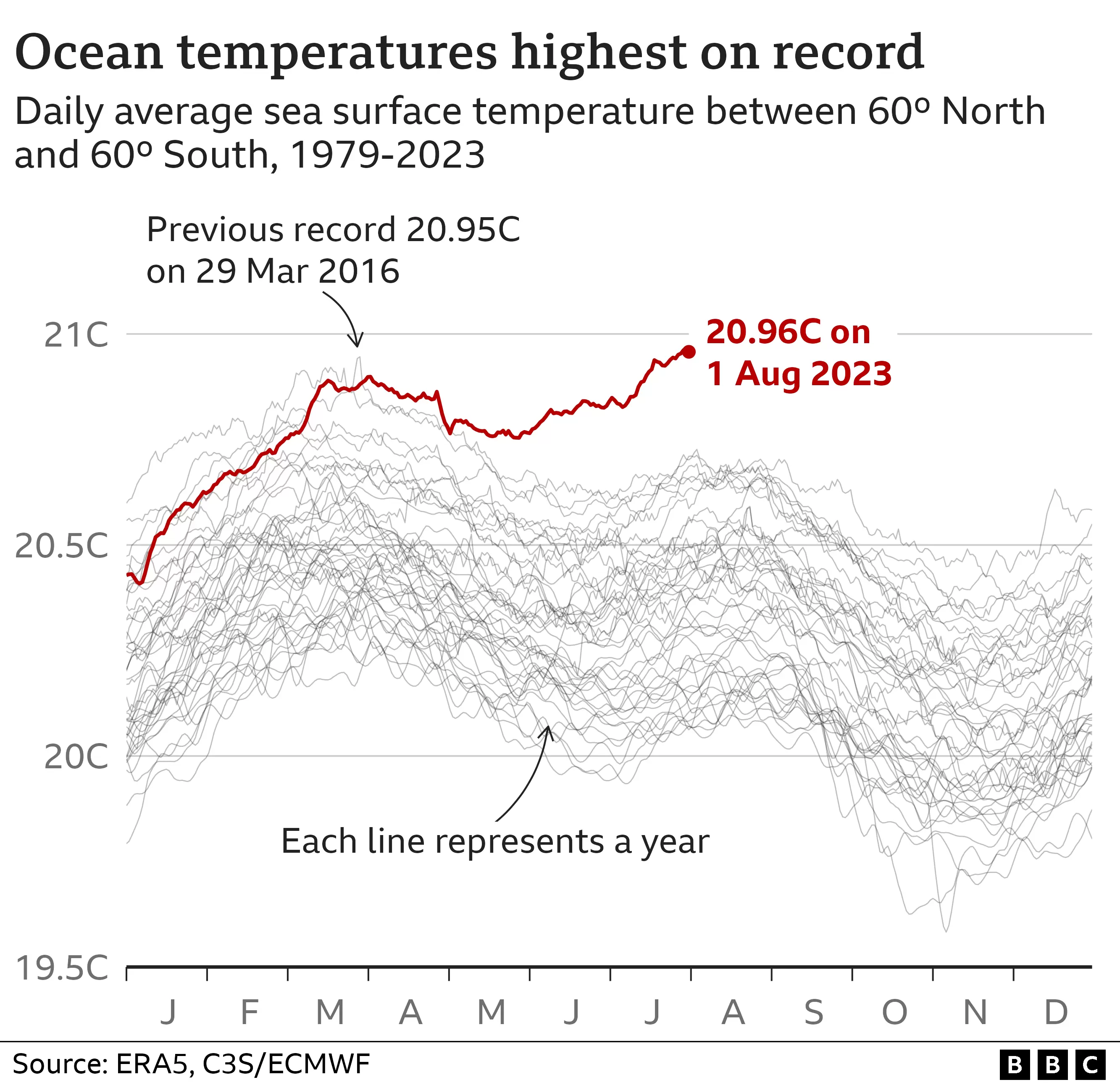for - James Hansen - youtube - The truth about global warming
Transcript
2:47 We do not have to wait 10 years to conclude that we have reached 1.5 Degrees of warming. Satelllite data shows that earth is strongly out of energy balance.
3:09 An important factor is that IPCC's best estimate of climate sensitivity is a substantial underestimate. I will show that tomorrow in several independent ways.
3:28 Climate sensitivity is probably between 4 and 5 degrees Celcius for doubled CO2 rather than 3 degrees
4:28 What we witness now is scientific reticence on steroids, perhaps because IPCC was granted the position of supreme authority
4:43 But in science, supreme authority is not granted to anyone. Galileo proved that.
4:55 An example of expert herd mentality is the response to our global warming acceleration paper which Annie was coauthor on. The next day, these experts condemned our paper in the media.
5:26 Not one of them discussed the physics in our paper or explained what was wrong. Instead there were ad hominem remarks.
5:51 What could the media do They dropped the paper.
